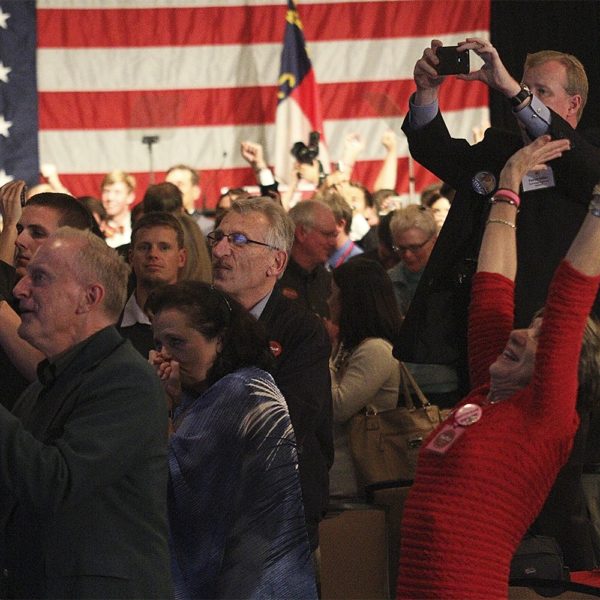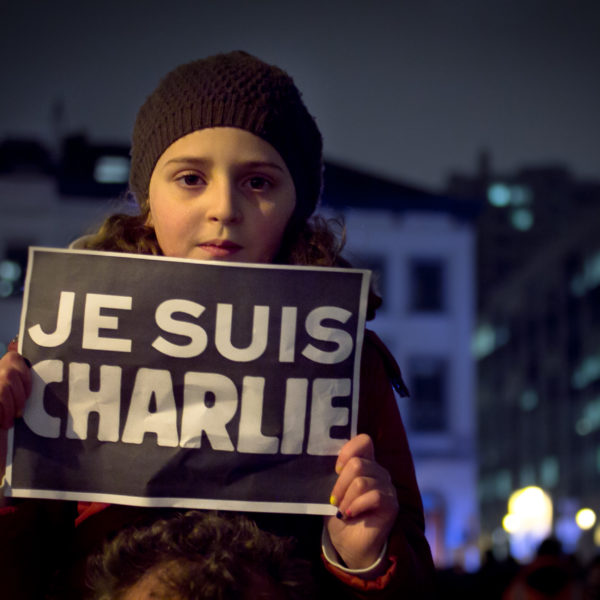
Within a few days following the shock of the terrorist assault on, and wanton slaughter of the staff of, the French satirical magazine Charlie Hebdo, the deeper crisis of Western liberal democracy—the crisis of universalism versus multiculturalism—surged into view.

The proposal to proclaim the adhan or Muslim call to prayer from the top of Duke Chapel’s bell tower yesterday provoked a number of reactions. These ranged from the vitriolic and vengeful to the dismayed and discomforted. From the deluge of emails the university received and the long strings of comments posted after articles covering the issue appeared on websites, these overwhelmingly negative reactions came not just from Christians but also from Jews and those of no faith.

In the midst of the Arab uprisings, the now famous magazine Charlie Hebdo published one of their traditional satirical covers. They titled the issue “Killings in Egypt” and drew the figure of a Muslim religious activist who was riddled with bullets. The subtitle was more than eloquent: “The Koran is a piece of shit,” the agonizing Muslim was made to say, because “it does not stop bullets.”
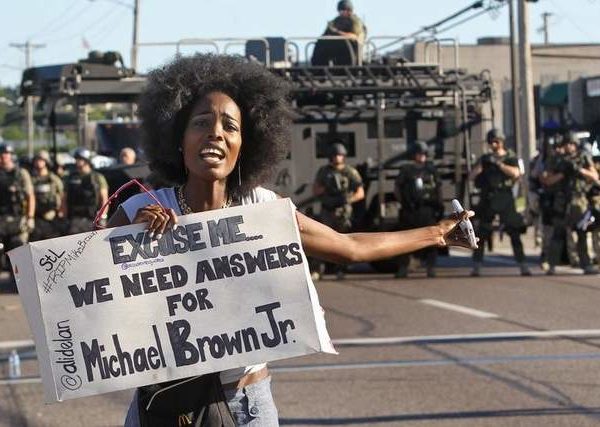
In the public imagination, dualism rules the day. The dualistic mindset sees things in pairs, and tends to perceive only absolutes. Evil must be balanced by good. The ways of righteousness have nothing to do with the ways of wickedness. Such dualism has characterized the fevered public discussion following the incidents involving Michael Brown and Eric Garner.

“When all the women were dead, the jihadists burned their bodies inside the houses. After they had finished with the women, the jihadists went back to …where they had locked the children. ‘They brought out the little kids – two, one and a half, three years old – they took them out holding on to each other. They took the groups and killed them with knife stabs’.
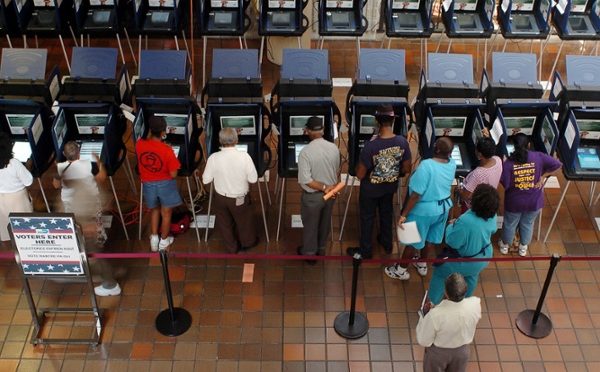
One can read the results of the 2014 mid-term elections in the United States in terms of whatever dominant political inkblot they favor. The narrative of the American right-wing, of course, is that the resounding Republican victories at both the Congressional and gubernatorial levels constituted a resounding repudiation by the voters of the Obama administration’s policies and pari passu the much vaunted progressivist politics that seemed to have finally taken solid root in American political soil with the 2008 election.

In his best-selling book Collapse: How Societies Choose to Fail or Succeed (Penguin, 2011), popular science author Jared Diamond meticulously and relentlessly plunges into a wide variety of historical case studies using what he terms the “comparative method” in order to answer the question that has preoccupied scholars from Edward Gibbon through Oswald Spengler – why do societies decline and ultimately disappear?
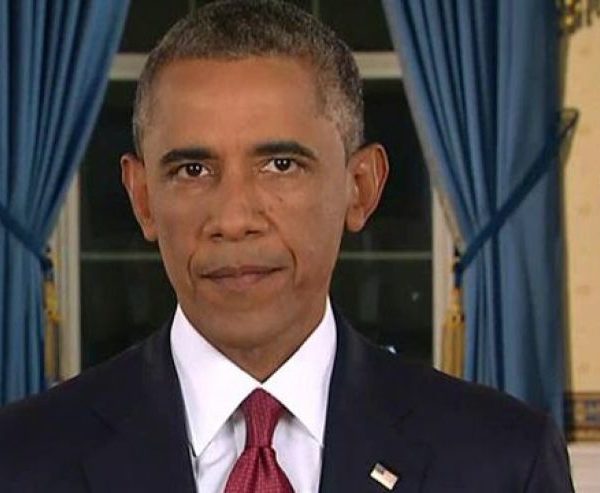
“Genuine tragedies in the world are not conflicts between right and wrong,” Hegel wrote. “They are conflicts between two rights.” In the last few days I have been somehow compelled to meditate on how the rush of events in our world reflect this kind of tragic destiny which perhaps only Hegel, the last genuine philosopher of history, seemed to have comprehended.
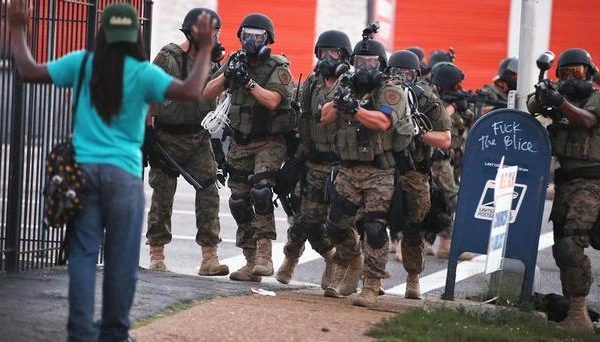
Two questions stand out: Why was Michael Brown killed and why are police units increasingly militarized so that they resemble soldiers in a war zone more than cops on a beat? The answers to these questions do indeed lead back to government–not simply to “big government,” but to a bureaucracy directed to wage war on a class of its citizens, driven by a political culture that ironically champions law and order.
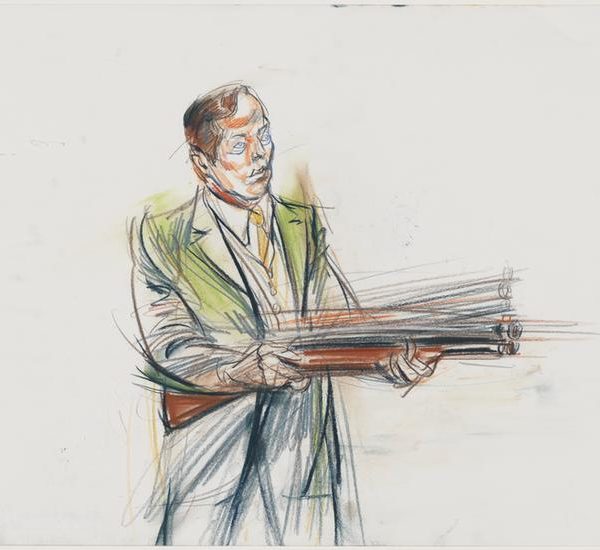
Three years before, Eleanor Bumpurs had been shot. A sixty-six year old black woman shot by a white police officer. Shot twice. With a shotgun. In her home. A case against the police officer wound through the courts in fits and starts. In 1987 the officer was acquitted. It was then, on the streets in front of the courthouse, that the press recorded for the first time the chant, “no justice, no peace.”
